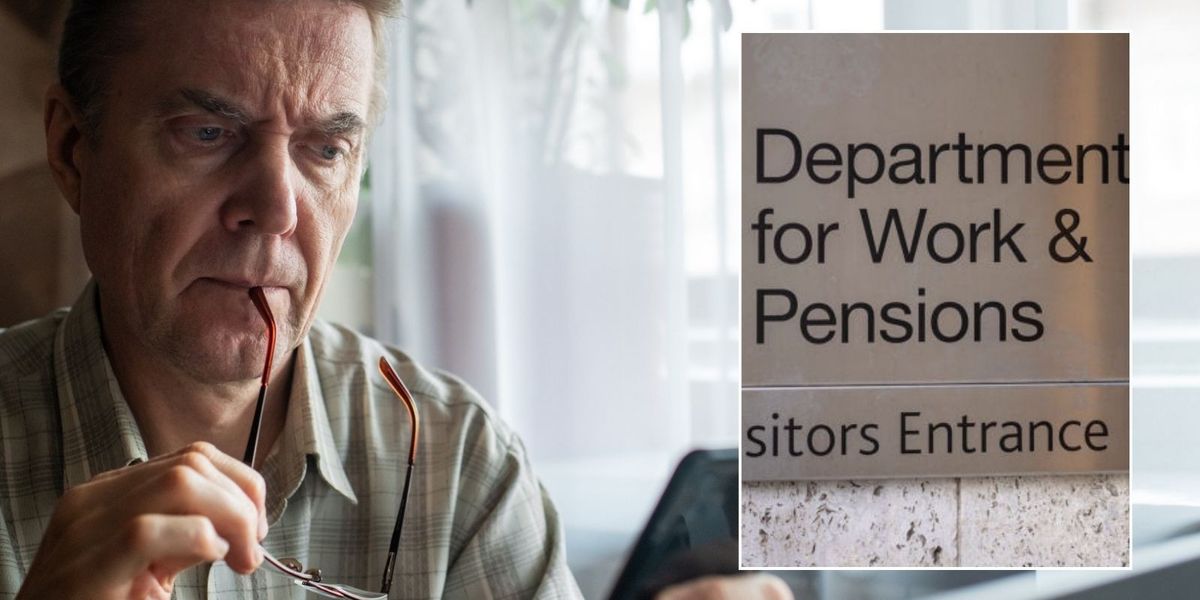New research from the Local Government Association (LGA) has revealed that 97 per cent of councils across England and Wales have seen an increase in the number of gonorrhoea cases in the last 5 years.
That’s alongside 71 per cent seeing an increase in syphilis, and 36 per cent a rise in chlamydia.
In response to this, the LGA says our sexual health services have reached a “breaking point” and have thus urged the Government for more support.
David Fothergill, Chair of the LGA’s Community Wellbeing Board, told GB News they would like to see a “10-year sexual health strategy” put into place by Rishi Sunak’s Government as soon as possible, as well as some “sustainable funding.”
New data shows STI cases are surging
GB News
Local sexual health services are currently funded by each individual authority, and yet despite a rise in both STI cases and the need for appointments, funding has consistently been cut.
According to Fothergill, “In the last 10 years, we’ve seen a real cut of about £880million from public health, but we’ve had to keep doing it.”
Speaking at a recent Women and Equalities Committee Panel, President of the British Association for Sexual Health and HIV, Dr Clare Dewsnap, said:
“I don’t like to use the word crisis, but we are very close to a crisis…access isn’t good enough – there’s no doubt about that.
LATEST DEVELOPMENTS:
David Fothergill is Chair of the LGA’s Community Wellbeing Board
GB News
“And there’s no doubt that that’s as a result of reduced funding.”
Since 2013, the number of sexual health consultations has increased by a third, with 4.5 million being carried out in 2022 alone.
Medical professionals continue to urge people to take STIs seriously, warning of the dangers they can pose to long-term health.
Dr Simon Theobolds, a private GP for Pall Mall Medical, has warned that people should be getting tested whether or not they have symptoms.
Dr Theobolds said that “with chlamydia and gonorrhoea, up to 50 per cent of women don’t have symptoms at all” and that, without testing, that could become a risk to both the carrier and any potential partners they may have.










